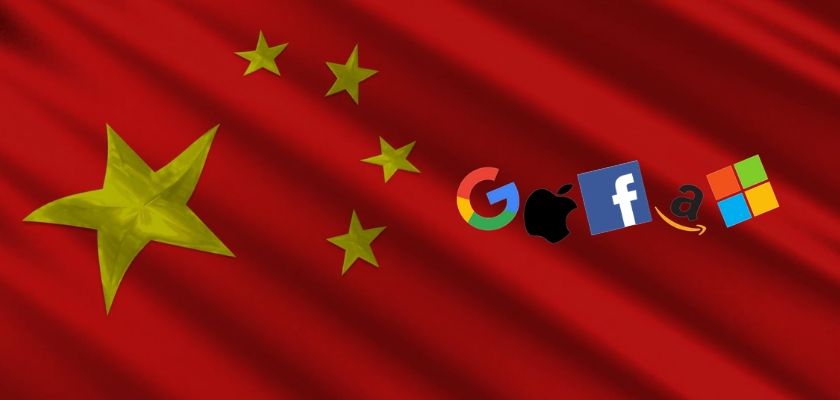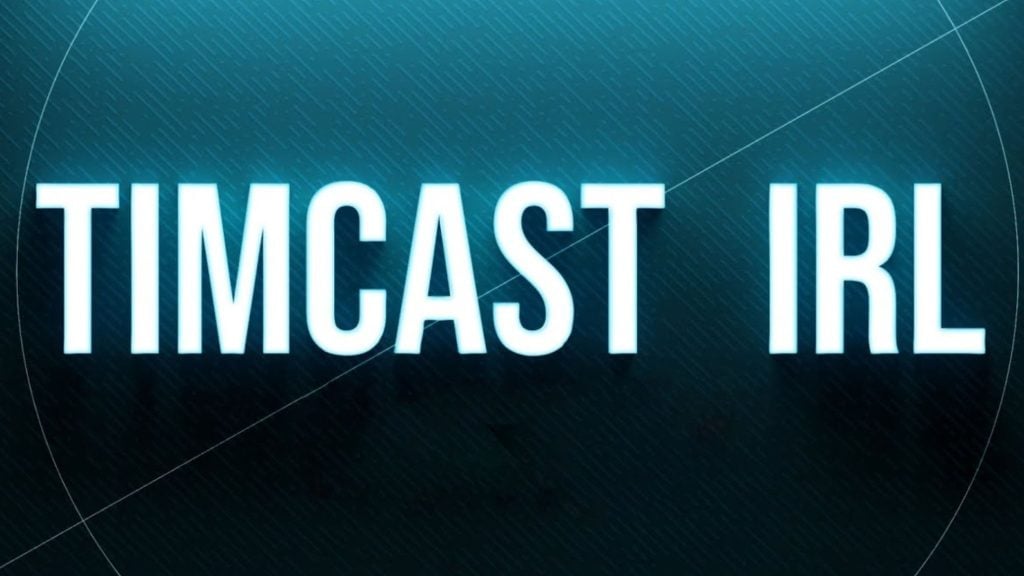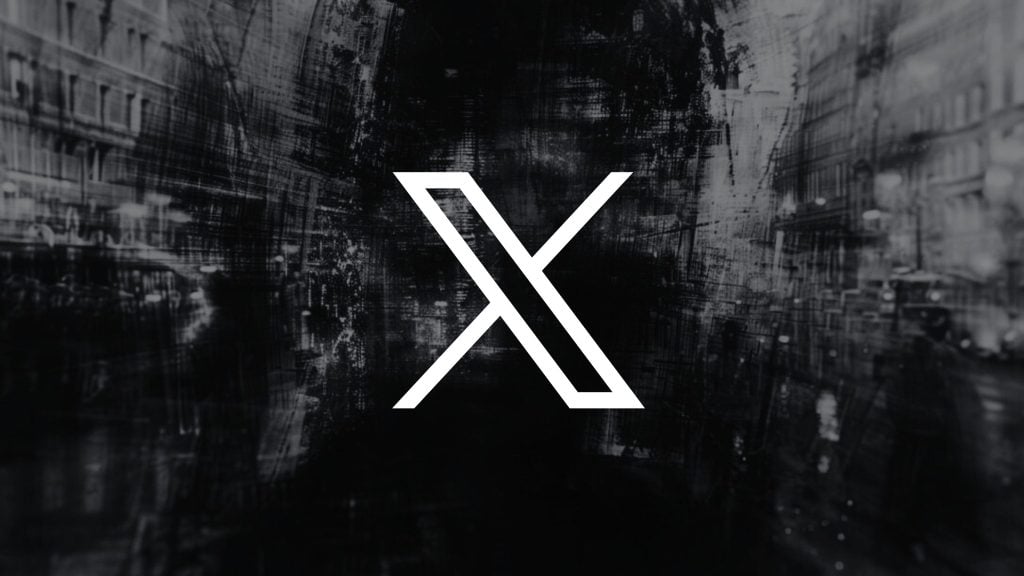Both capitalism and the internet might have posed serious, even insurmountable obstacles in the path of China’s regime at some point over the last 30 or so years. After all, communist governments in Europe fell one after another, entire countries ceased to exist during the 1990s, while Russia had to go through a decade of turmoil before starting to regroup.
But nothing of the sort happened in China, where the country’s authorities managed to contain and incorporate both state-capitalism and the emerging power of the internet into its political, social, and economic fabric, while boosting the economy and retaining a firm ideological grip.
The only dent the anti-government Tiananmen square protests – that happened in 1989, the same year the Berlin Wall fell – left in Beijing’s armor has been its tarnished image in the West. The same is true of the tight – at the same time brutal and sophisticated – control the country continues to impose on the internet.
The Great Firewall has been in place for at least 20 years now – censoring access to content that is available to users in mainland China. The latest challenge the country is facing online is the ongoing protests in Hong Kong, an administrative region with a high degree of autonomy that has so far been left outside the Great Firewall.
Social media platforms, that have emerged as the leading places of online communication and spread of information, have not been overlooked. In a video report, the BBC looks into the ways Beijing has been handling censorship of social media apps – and the ways users in China have tried to bypass these restrictions.
The Chinese way
When talking about social media in China, it’s important to remember that the country’s regime has long since “filtered out” major western platforms: the Great Firewall prevents access to Facebook, Google, Twitter, and a plethora of other online services and news sites. Chinese internet giants like WeChat have sprung up to take their place, and dominate the domestic market.
And, as is all too often the case in the world, they must comply with the law and government regulations.
In China’s case, this means avoiding the use of “sensitive” words while communicating via chat apps like WeChat – which has over one billion users, and is closely monitored by the authorities.
In the report, Beijing-based journalist Karoline Kan is heard saying that there are no official guidelines to instruct Chinese users which words to use and which to avoid – instead the system relies on self-censorship. Those who step outside the boundaries can expect their accounts to be blocked for several days, while repeat offenders face tougher consequences.
The Chinese government defends its position by saying that it “manages” the internet in accordance with the law – and will not allow meddling from “foreign websites that transmit illegal and harmful information.”
Chinese users have some avenues to avoid being flagged for using “sensitive words” – sometimes they express themselves by using emojis, or by turning to the features of the Chinese language, where they can use “different characters that sound the same” to communicate the meaning of a word without explicitly mentioning it.
“Even if you say something really positive about a government leader, by posting that, you got attention, and people don’t want that attention from the authorities,” Kan says.
Of course, the idea to monitor social media for keywords is not limited to China – various government and intelligence agencies around the world do the same, including in the United States. For example, Edward Snowden’s 2013 revelations showed that using certain words too often in online correspondence can result in a user being flagged as a terror suspect.
In China, however, given the nature of its undemocratic, one-party system, and the country’s nearly 1.5 billion citizens, the main concern is social stability.
“To achieve that goal, they choose to delete content that they don’t like,” Kan explains, referring to the authorities.
In bad company
Disturbingly, that last quote would not sit out of place if used to describe some content policing and censorship actions nowadays routinely undertaken by Facebook, YouTube, or Twitter. While the goals may be very different, the means appear to be similar.
In China, self-censorship exercised by users appears to be the cornerstone of the system, but in the West, a form of self-censorship is being put in practice by social media giants themselves. Every time a US or an EU official mentions that Big Tech should regulate itself to avoid government regulation – these companies are openly urged to impose restrictions on speech and content, and they are increasingly, if sometimes hesitantly, answering this call.
In France, US social media giants are currently under pressure to sign “a pledge” that would see them as an extended arm of the government censorship which aims to combat what the French authorities deem to be online “hate speech.” The EU has already instituted a similar method earlier in the year, by which leading social media platforms must submit regular reports on their progress in implementing something called the Code of Practice on Disinformation.
On Facebook, Christianity seems to be “a sensitive word.” An innocuous quote by an early Christian thinker was recently flagged as hate speech. And instead of memes, this US citizen might have been better off posting emojis, like they do in China – because a meme he reshared on social media landed him in some very serious trouble, as a person identified as “showing an interest towards committing a mass shooting.”
The war on memes is going strong on Facebook, that seems to be running a tight censorship ship: earlier in the year, the giant banned Infowars – but now even those who voice their support for the website, even in a satirical, meme format, get their accounts suspended. The only context in which Facebook users are allowed to mention Infowars is to condemn it.
Australia, that has been building a solid reputation for its willingness to impose online restrictions, says that big social media platforms won’t be blocked because of the content they host – for now, at least – but “fringe websites” will be.
The declared targets here are mostly “hate speech” and “fake news” – but worryingly these terms are easy to misinterpret and turn into empty rhetoric masking the real intention to stifle online speech.
And just as China’s internet censorship, while condemned far and wide, serves as a model for many countries looking for effective ways to suppress free expression, so the “hate speech and fake news” trend is spreading well into the western world.
If you're tired of censorship and dystopian threats against civil liberties, subscribe to Reclaim The Net.









